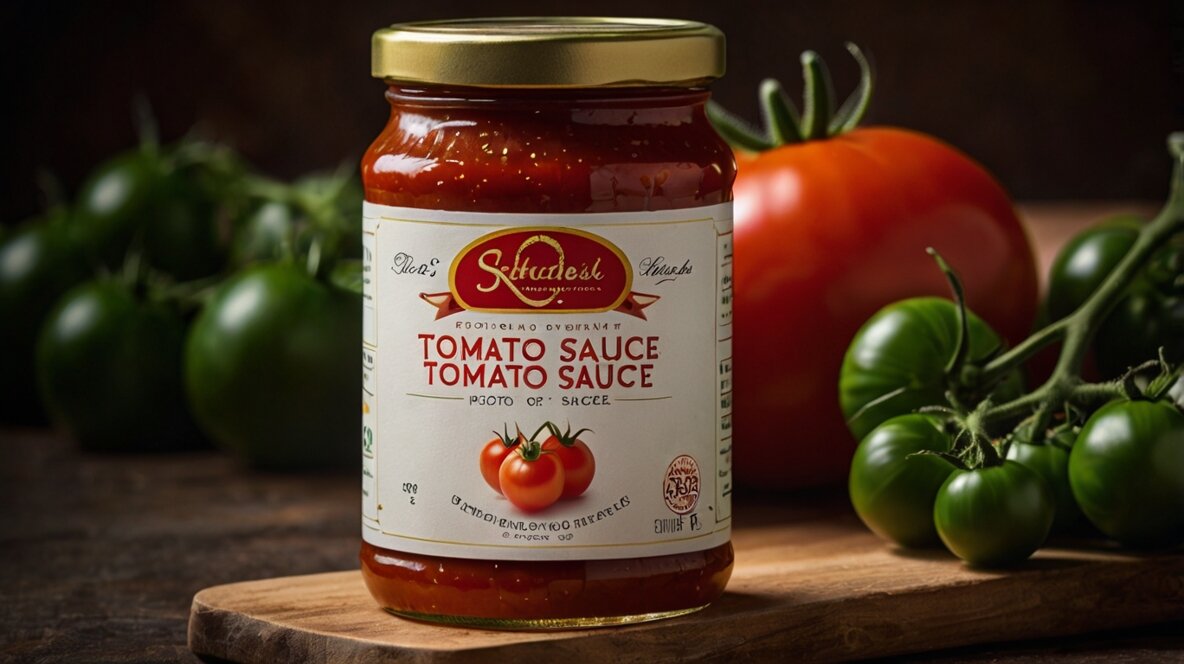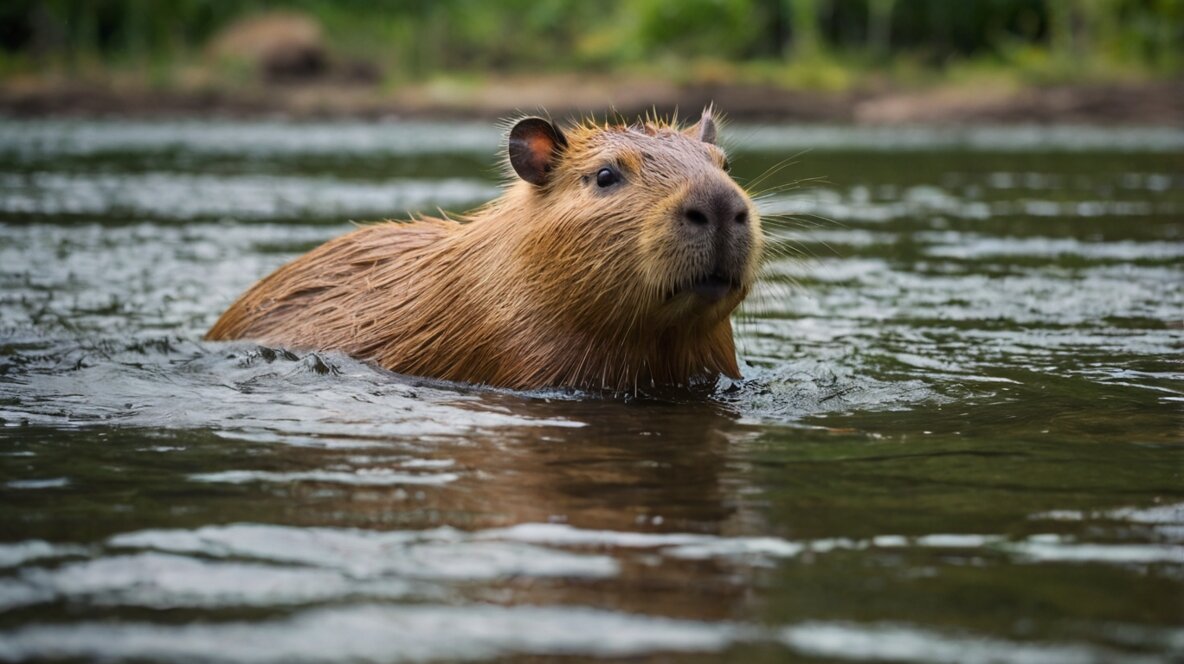Table of Contents
Introduction
“Wondering if Octopus Healthy for Cats? Discover the vet-approved guide on feeding octopus to cats, including benefits, risks, and preparation tips.
“Cats are obligate carnivores, meaning their diets should consist mostly of meat. As loving cat parents, we often wonder whether certain human foods, especially those rich in protein like seafood, can be safe for our furry companions. One such food is octopus. While seafood is generally beneficial, the big question remains—is octopus healthy for cats? In this guide, we’ll dive into the nutritional aspects of octopus, potential risks, and whether it should be part of your cat’s diet.
Understanding a Cat’s Natural Diet
In the wild, cats are hunters, feasting on small animals like birds, rodents, and insects. Their natural diet is rich in proteins and fats, providing them with the necessary nutrients. Domesticated cats, however, often have more varied diets. Commercial cat foods are typically designed to meet these nutritional needs, but many cat owners enjoy giving their pets occasional treats like seafood.
Nutritional Requirements of Felines
Cats require essential nutrients like taurine, protein, and fatty acids that they cannot produce independently. Their digestive systems are designed for a high-protein diet, with minimal carbohydrates. To maintain their health, every treatment or new food introduced should align with these dietary needs.
Can Cats Eat Seafood?
Seafood is generally seen as a good source of protein and omega-3 fatty acids, which are beneficial for a cat’s skin, coat, and overall health. Many cats enjoy fish like tuna, salmon, or shrimp. However not all seafood is created equal when it comes to cat health, and it’s crucial to know which types are safe and which are not.
Health Benefits of Seafood for Cats
Seafood can help with joint health, improve fur quality, and reduce inflammation due to omega-3 fatty acids. Seafood is safe for cats, However, it must be offered in moderation to avoid digestive issues or potential food allergies.
Octopus as a Seafood Option
Octopus is a cephalopod, rich in protein, vitamins, and minerals. Humans often enjoy it for its delicate flavor and health benefits, but is it suitable for cats?
Nutritional Profile of Octopus
Octopus contains high levels of protein, which is essential for a cat’s muscle development and energy levels. Seafood nutrition for pets also offers omega-3 fatty acids, vitamin B12, and other nutrients that could potentially benefit a cat’s health.
Is Octopus Safe for Cats?
While the octopus is high in protein, there are potential concerns when feeding it to cats. The safety largely depends on how the octopus is prepared and the amount fed to your pet.
Potential Risks of Feeding Octopus to Cats
One of the major concerns with seafood, including octopus, is the possibility of mercury contamination. Mercury can accumulate in a cat’s system, leading to toxicity over time. Additionally, cats may have allergic reactions to certain proteins in seafood, including octopus.
Raw vs. Cooked Octopus
Feeding raw octopus is not recommended due to the risk of bacterial contamination. Octopus is healthy for cats, Cooking octopus thoroughly helps to eliminate harmful bacteria and makes it safer for your cat to consume. However, it’s important to avoid seasonings, oils, or spices that may be toxic to cats.
Health Benefits of Octopus for Cats
Octopus is packed with beneficial nutrients:
- Protein: Crucial for maintaining strong muscles and overall health.
- Omega-3 Fatty Acids: These can improve a cat’s skin and coat, as well as support brain health.
- Vitamins and Minerals: Octopus provides a good source of vitamin B12, selenium, and iron, all of which are essential for your cat’s well-being.
Potential Risks of Octopus for Cats
Despite its nutritional benefits, octopus can pose several risks:
Mercury Levels
Mercury is present in many types of seafood, and octopus is no exception. Octopus Healthy for Cats, Feeding too much can cause mercury poisoning, leading to neurological and kidney problems.
Allergic Reactions
Some cats may be allergic to octopus. Octopus cat allergy, Signs of an allergic reaction include itching, vomiting, diarrhea, and lethargy. If your cat shows any of these symptoms after consuming octopus, it’s essential to consult a vet immediately.
Digestive Concerns
Octopus is quite chewy, and this texture may be difficult for some cats to digest. Cats that are not used to eating such dense seafood might experience gastrointestinal upset.
How to Safely Feed Octopus to Your Cat
If you decide to give your cat an octopus, follow these safety tips:
- Cook It Thoroughly: Ensure the octopus is fully cooked and free from harmful bacteria.
- No Seasonings: Avoid using oils, salts, or spices, as they can be harmful to cats.
- Small Portions: Only offer octopus as an occasional treat in small amounts.
Should Octopus Be a Regular Part of a Cat’s Diet?
No. Octopus, while safe in small amounts, should not be a regular part of a cat’s diet. It can be given occasionally as a special treat but must be balanced with a primary diet of specially formulated cat food.
Frequency and Portion Size
Limit octopus to no more than once every few weeks, and ensure that the portion is small—around one or two small pieces to avoid overfeeding.
Signs of Allergic Reactions in Cats
If you notice your cat reacting poorly to octopus, look for these signs:
- Itching or excessive scratching
- Vomiting or diarrhea
- Swelling, especially around the face
- Lethargy or loss of appetite
If your cat shows any of these symptoms, seek veterinary advice promptly.
Alternatives to Octopus for Cats
If you’re looking for safe seafood nutrition for pets options, consider these alternatives:
- Tuna: High in protein but should also be fed in moderation due to mercury content.
- Salmon: A great source of omega-3 fatty acids.
- Shrimp: A lower mercury option, often enjoyed by cats.
What Do Vets Say About Feeding Octopus to Cats?
Most veterinarians agree that while seafood like octopus can be safe, it should never replace a cat’s regular diet. Vets recommend giving seafood treats sparingly and watching for signs of allergic reactions.
Homemade Cat Food Recipes with Seafood
If you’re a fan of making homemade meals for your cat, consider including small amounts of octopus. However, ensure the recipe is balanced and includes other essential nutrients.
Alternative Homemade Cat Food Ideas
- Tuna and salmon patties
- Shrimp and chicken stir-fry (without seasoning)
- Fish-based cat treats using safe seafood options
Common Myths About Seafood and Cats
Myth 1: Seafood is a Natural Diet for Cats
In reality, fish and other seafood are not part of a wild cat’s diet. While they may be beneficial, they are not essential.
Myth 2: Cats Can Eat Any Seafood
Not all seafood is safe for cats. Certain types, like octopus or large fish with high mercury levels, should only be fed occasionally and with caution.
Conclusion
Octopus can be a healthy, protein-rich treat for your cat if fed in moderation. However, it’s essential to prepare it correctly, be mindful of the risks, and monitor your cat for any adverse reactions. As always, consult with your vet before introducing any new foods to your cat’s diet.
FAQs
1. Can kittens eat octopus? No, it’s best to avoid feeding octopus to kittens. Their digestive systems are still developing, and they may struggle to process it.
2. How should I prepare an octopus for my cat? Make sure to cook it thoroughly and avoid adding any seasonings, oils, or spices.
3. Is raw octopus better than cooked octopus for cats? No, raw octopus poses a higher risk of bacterial contamination. Always feed your cat-cooked octopus.
4. What should I do if my cat has an allergic reaction to octopus? Stop feeding it immediately and consult your vet if you notice any symptoms such as vomiting, diarrhea, or itching.
5. Are there other seafood healthier for cats than an octopus? Yes, alternatives like salmon, shrimp, and tuna may offer similar benefits with lower risk levels, but should also be fed in moderation.



